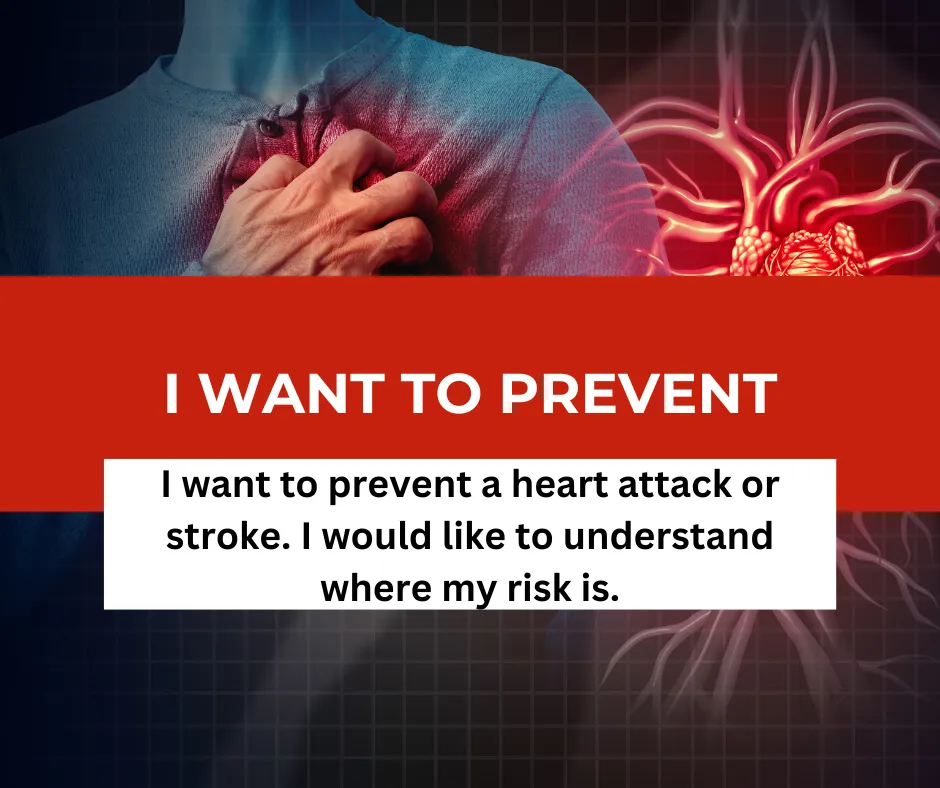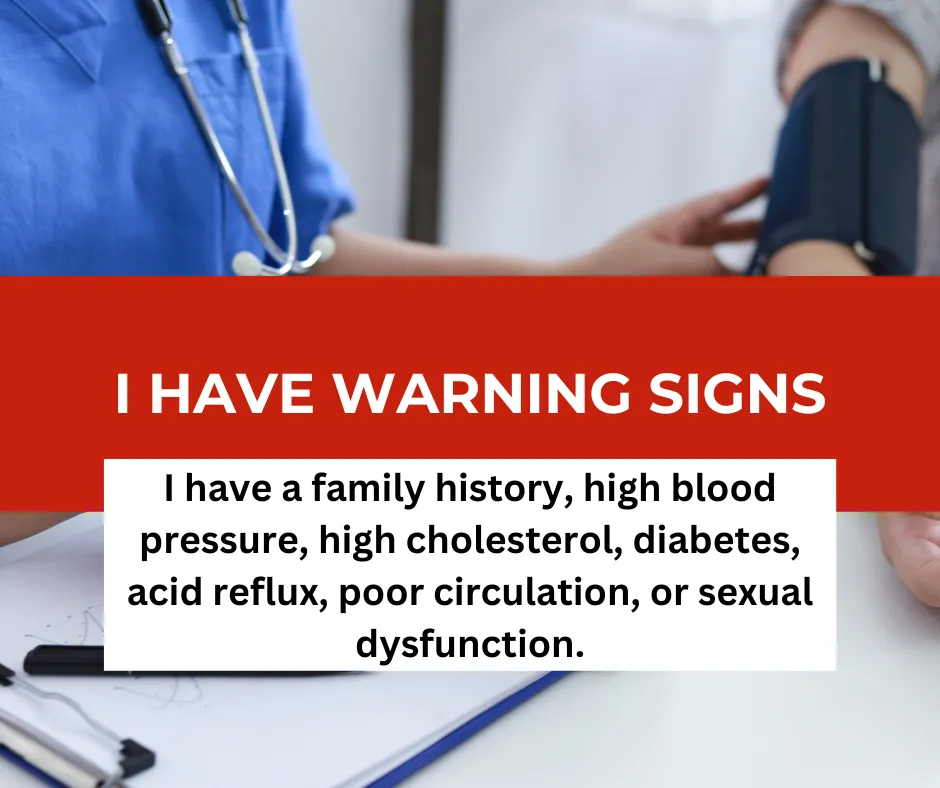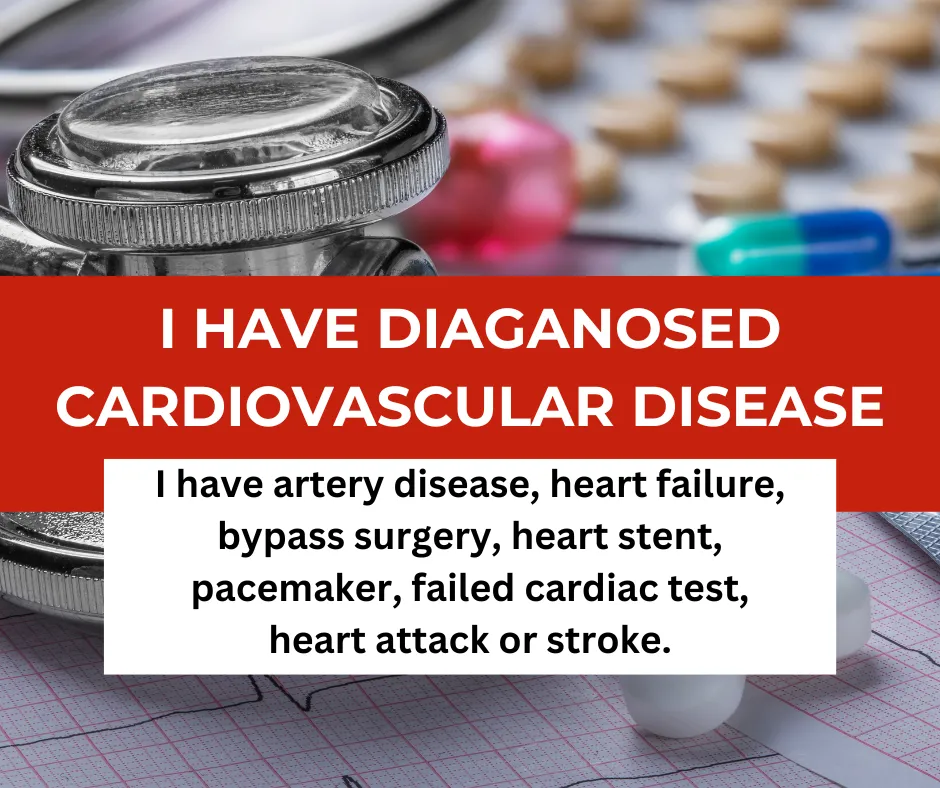
heart assessments
We look at your arteries
like a muscle NOT a pipe.
Functional and integrative approach to heart disease allowing you time to intervene and decrease your risk through ground-breaking assessments and treatments not found anywhere in Canada.
HEART ASSESSMENTS
WE LOOK AT
YOUR ARTERIES
LIKE A MUSCLE NOT A PIPE.
Leaders in Cardiac Prevention and Rehabilitation since 2007, our clinicians assist you in assessing your heart attack and stroke risk.
HEART ASSESSMENTS
TO PREVENT & REVERSE HEART DISEASE
Heart assessments that bridge the gap in our healthcare system. Going to your family doctor is a start, but unfortunately lack essential tools to determine heart attack and stroke risk.
Cardiologists are great but they are only looking for advanced stages of heart disease.
The Heart Fit Clinic bridges this important gap helping you prevent and reverse heart disease. If you have heart disease then we love to treat this and keep track of your disease progress.
Getting angiograms are invasive and only should be used when you have an emergency. Stress tests are only looking for advanced stages of disease.
Let us look at the heart and artery like a muscle as it is not a plumbing problem.
WHO
is this for?
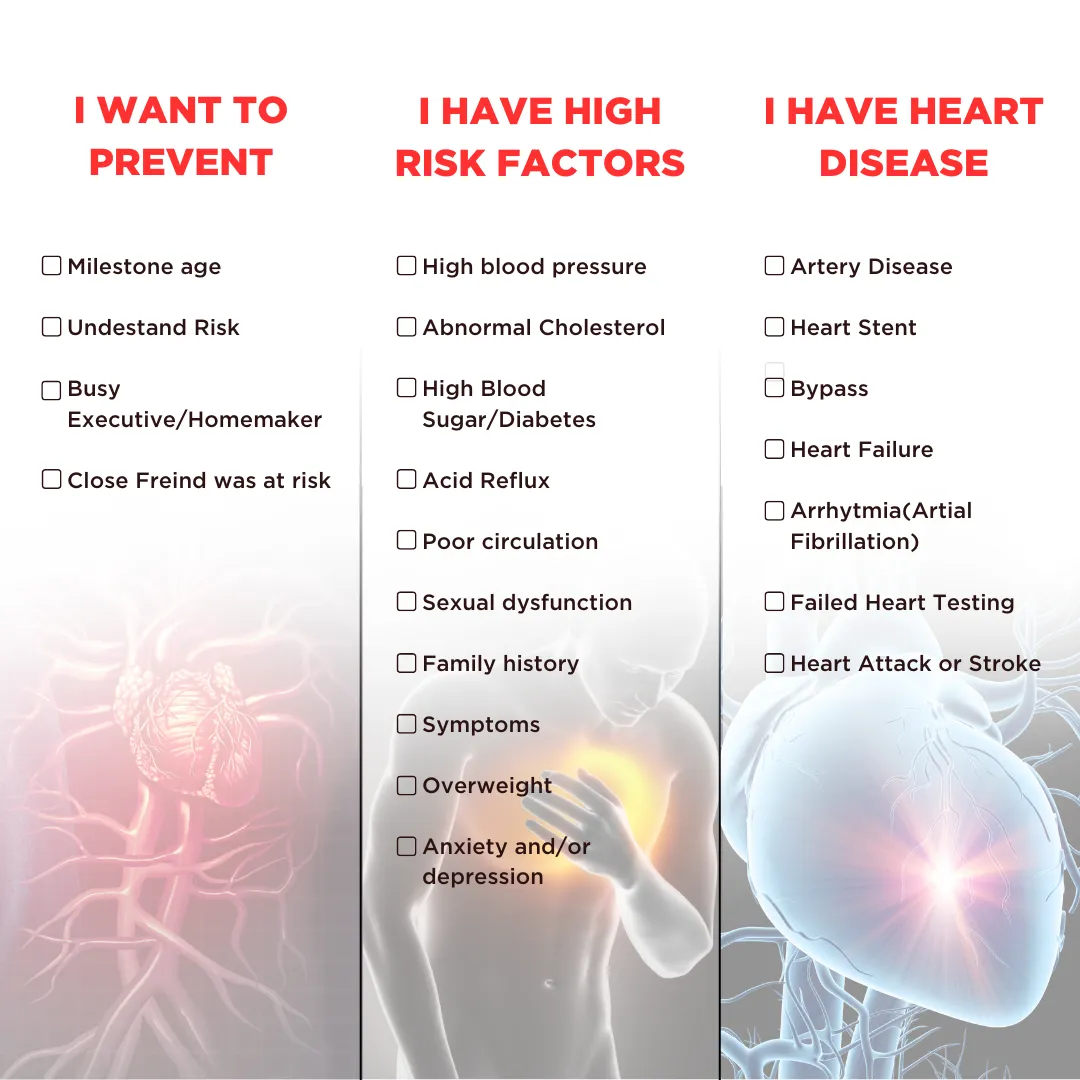

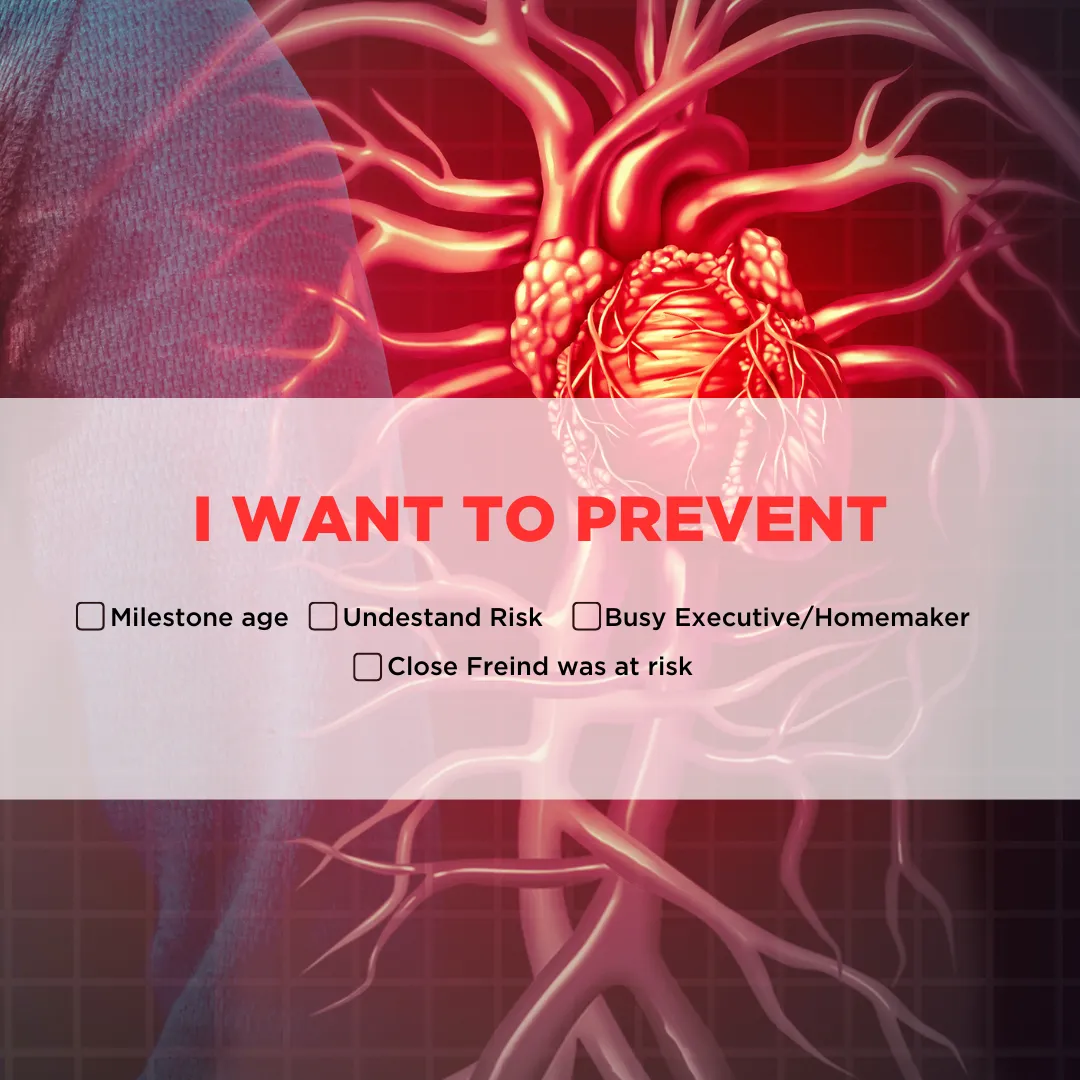
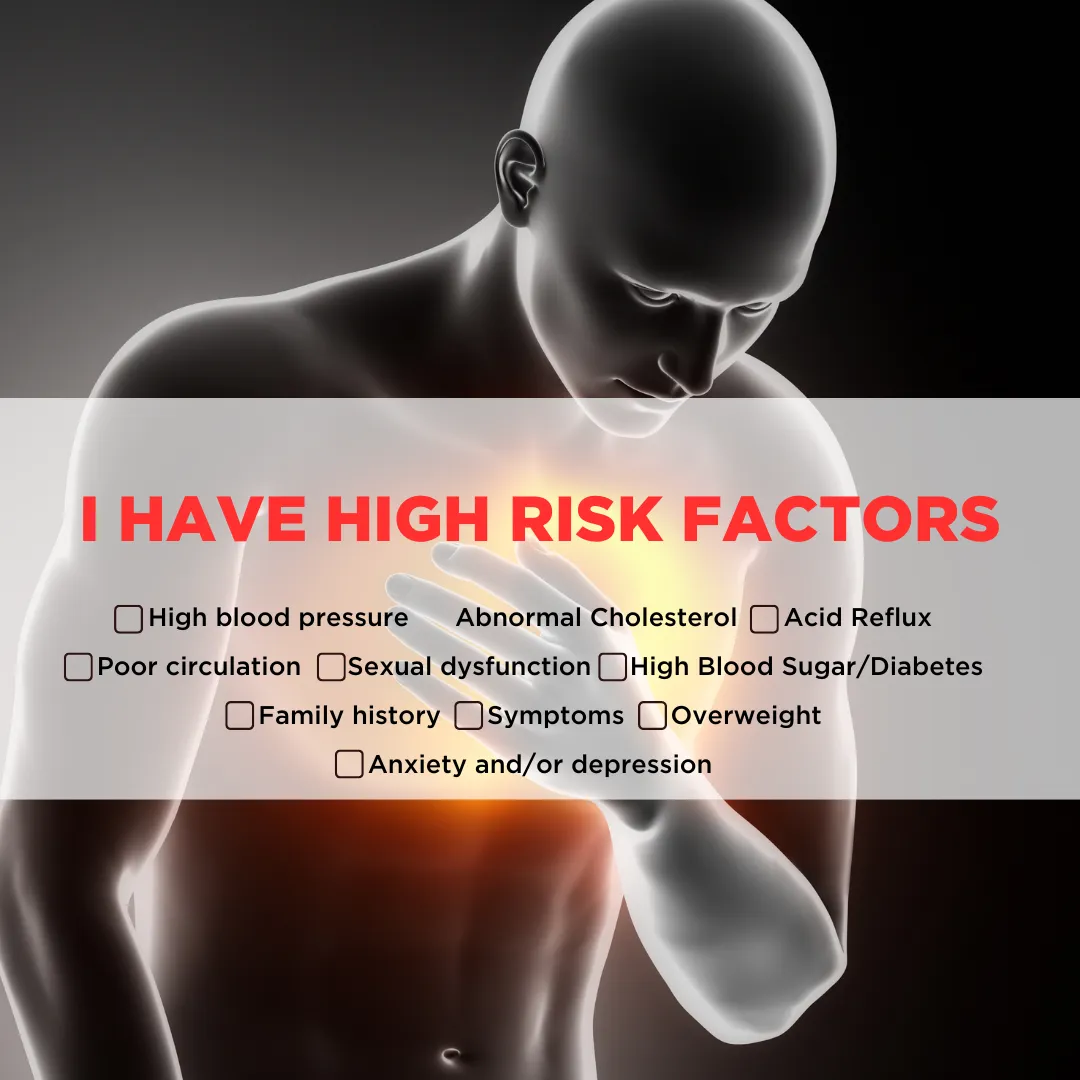
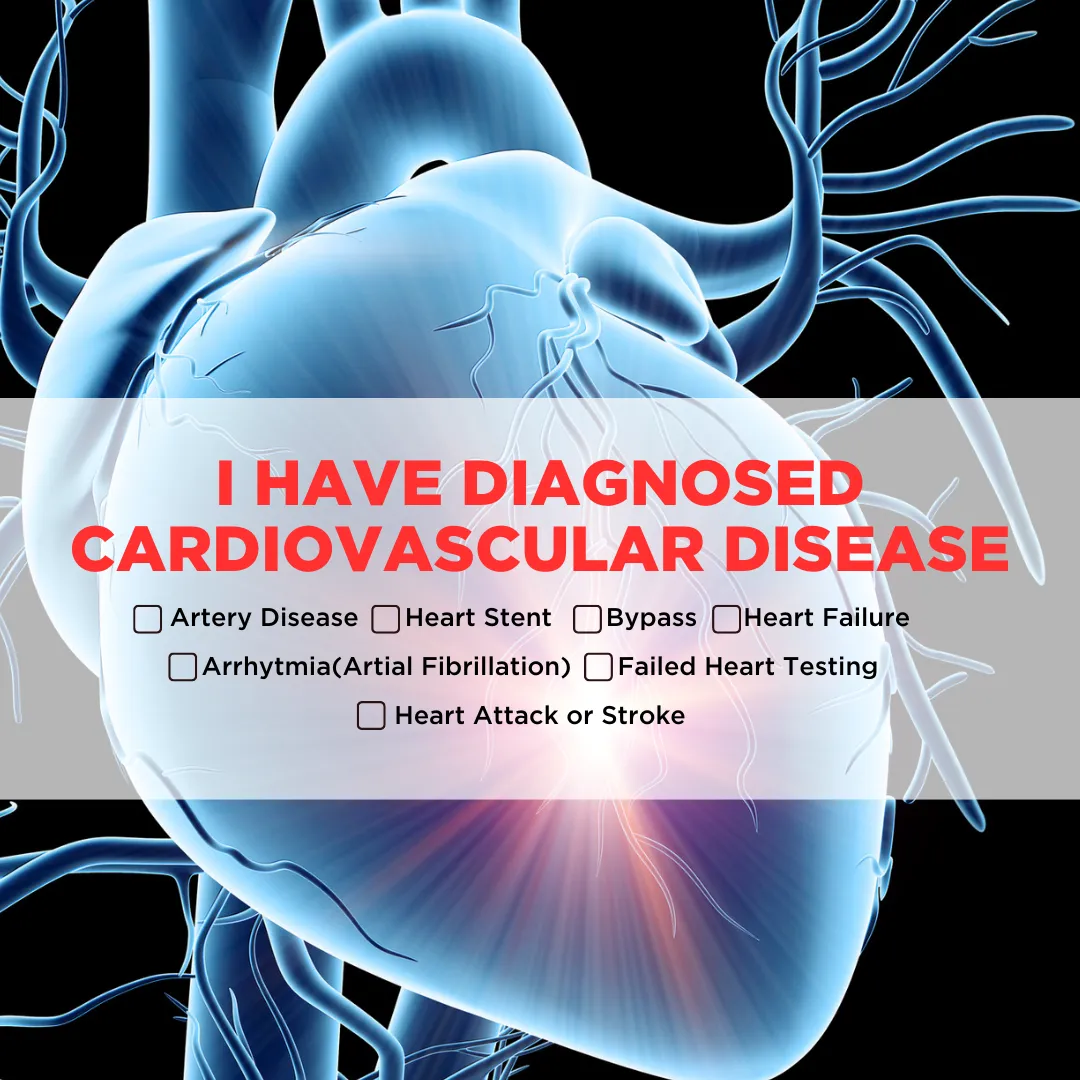
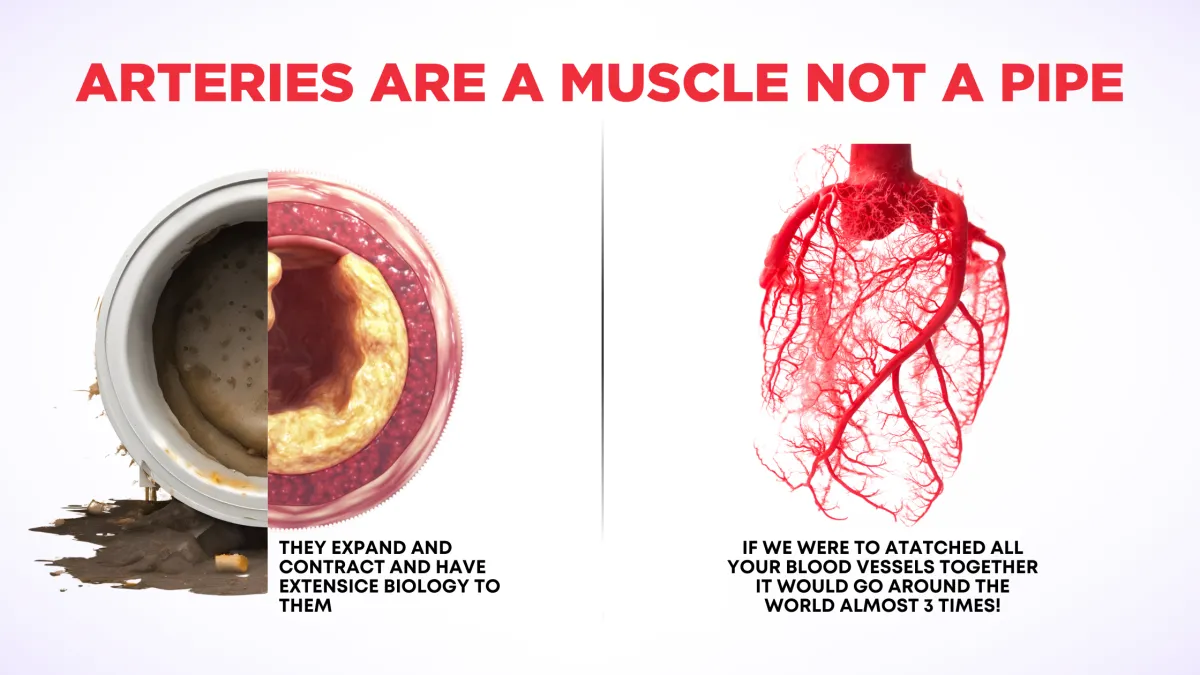
Our heart assessments are designed to look at the risk of a plaque rupture and understand the biology of the artery wall.
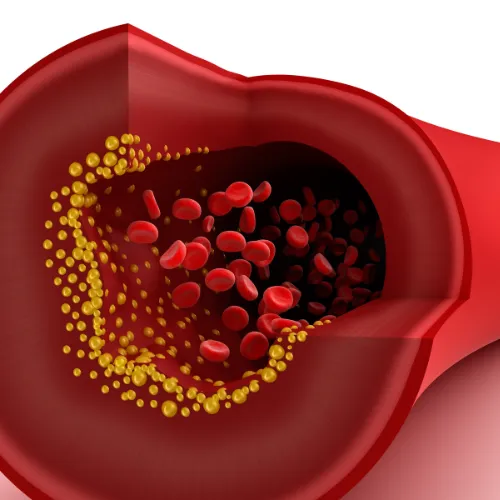
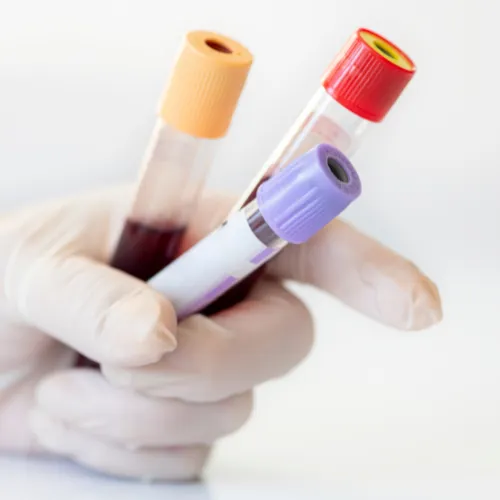
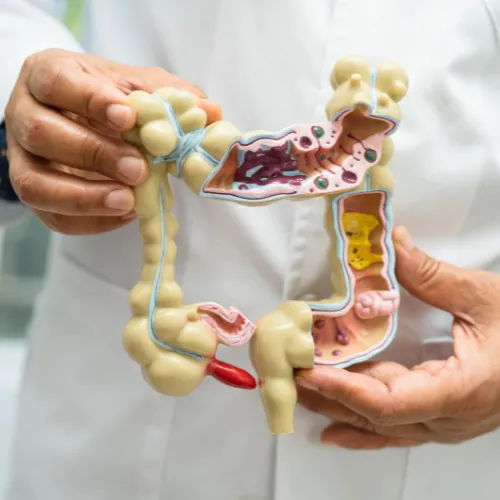
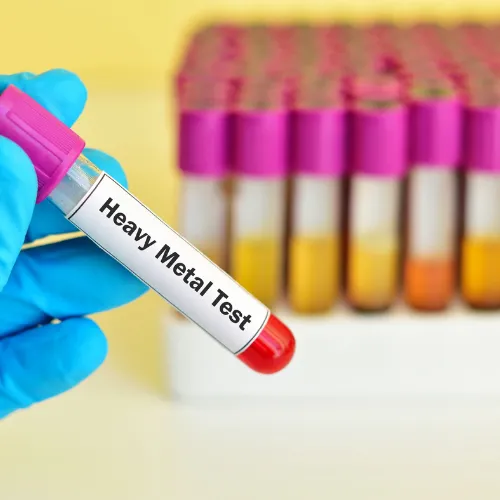
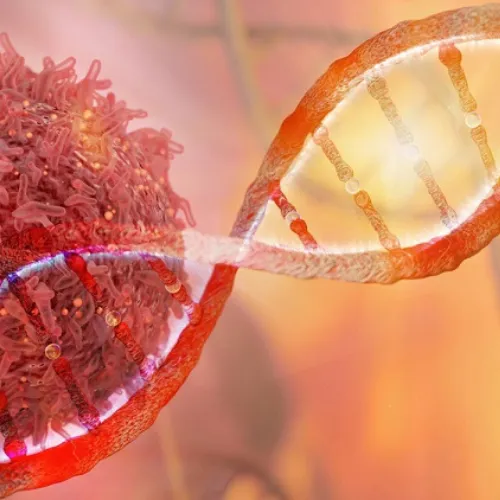
ARTERY ASSESMENTS
We are excited to offer you a comprehensive and informed evaluation of your heart health without any harmful radiation or invasive procedures, ensuring your safety, peace of mind, and to improved prevention and treatment of various heart conditions.
HOW OLD IS YOUR
ARTERIES?
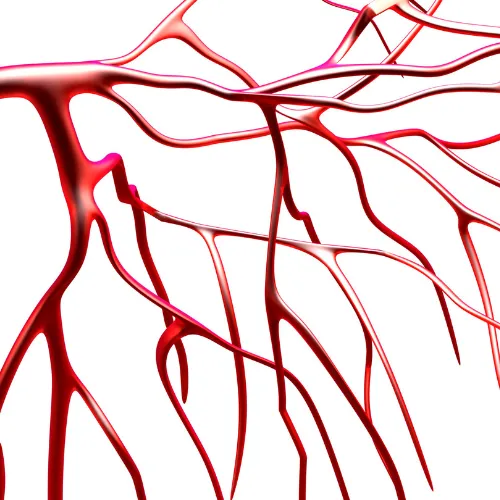
HOW REACTIVE ARE
YOUR ARTERIES?
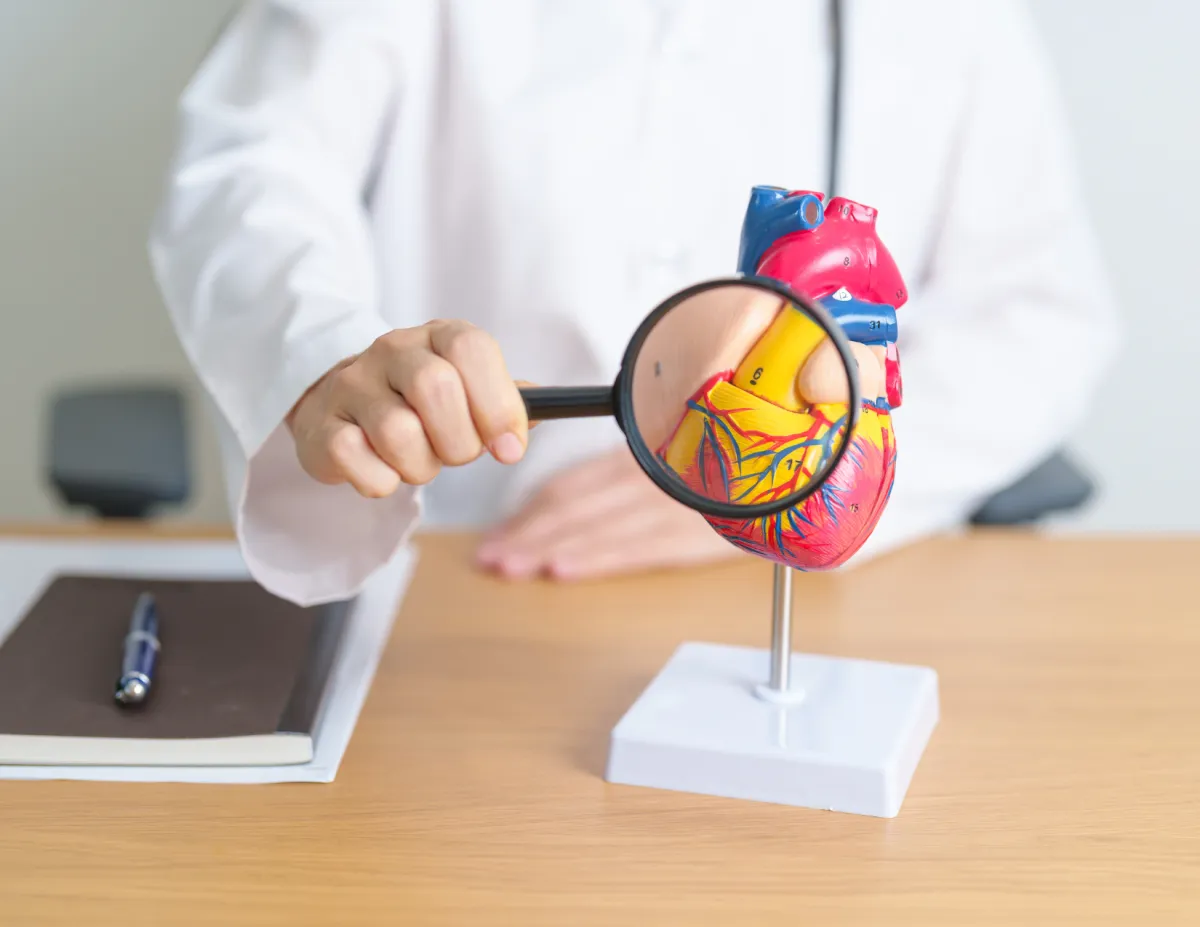
HOW HEALTHY ARE YOUR ARTERIES?
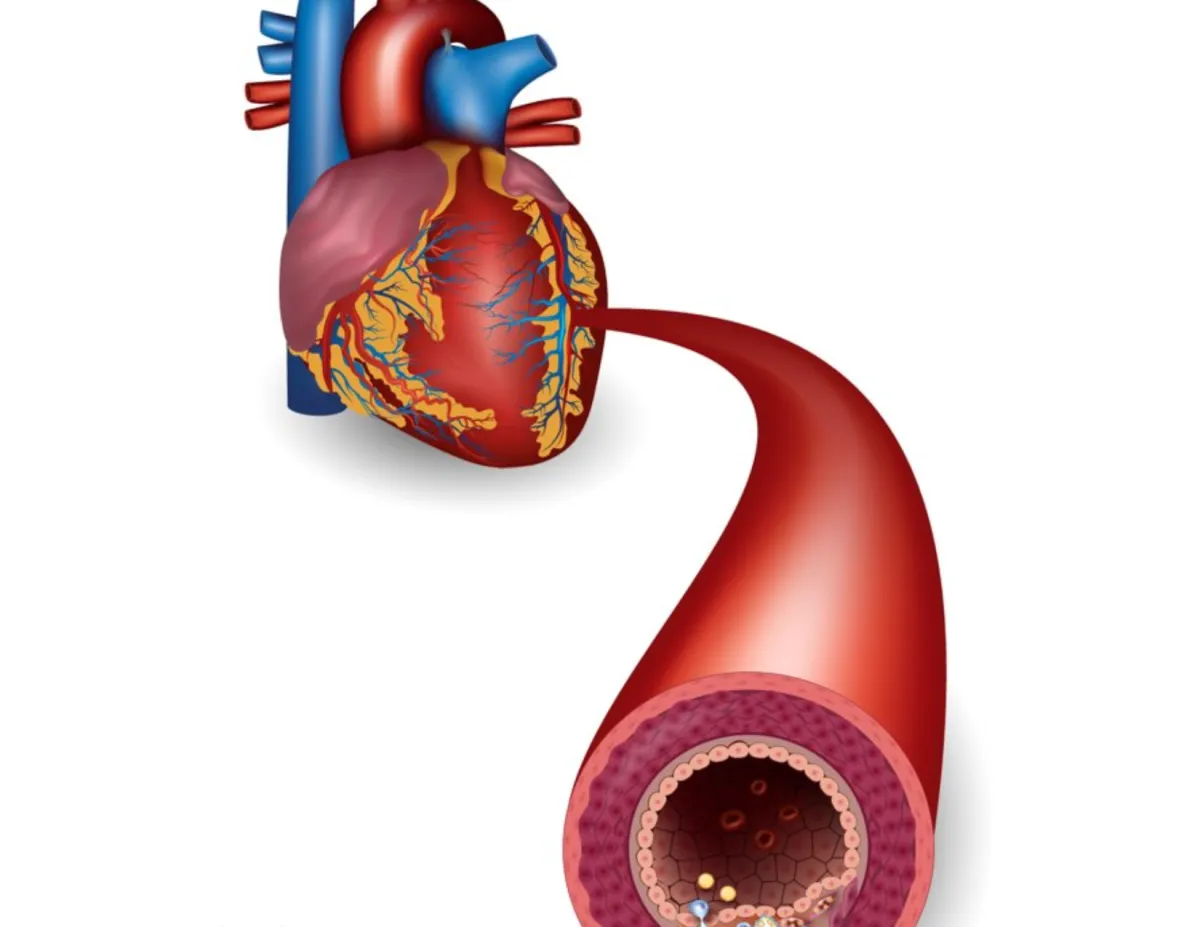
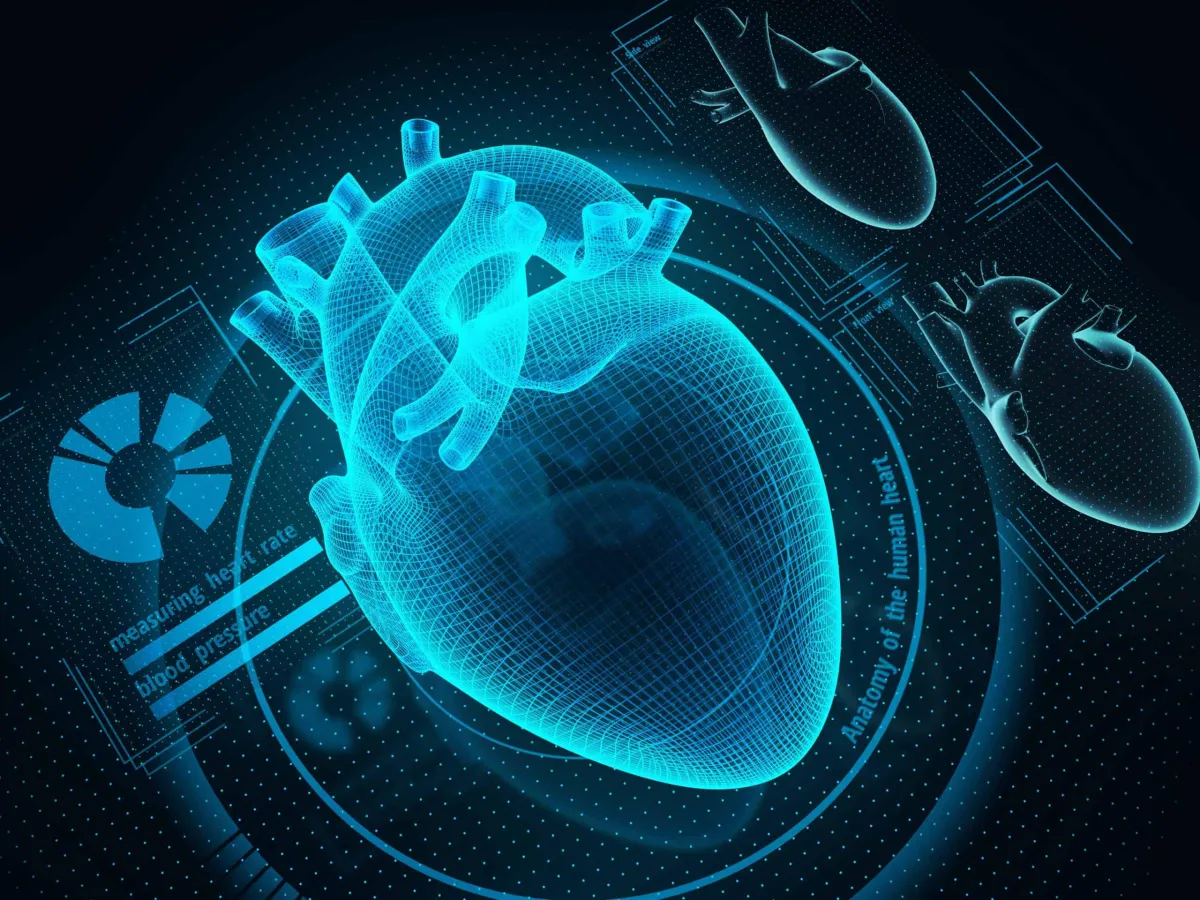
Heart Scan
This non-invasive, cutting-edge technology utilizes artificial intelligence (AI) to evaluate heart health, ischemia (lack of blood flow), artery function, and detects cardiovascular abnormalities with unparalleled precision.
Lean More
The scan looks at multiple areas of the heart and measures several key parameters to assess heart health. This includes heart function and efficiency, heart stiffening, rhythm disturbances, and much more. By analyzing these parameters, the scan can identify irregularities, risks of heart disease, and current disease status. This information helps us track disease progress and take proactive preventive measures for individuals at higher risk.
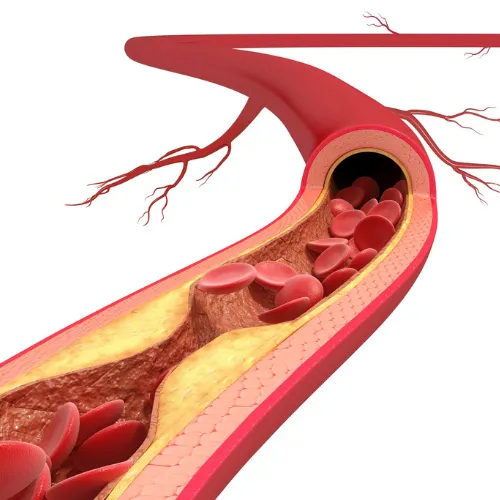
Artery Function
Arteries are expanding and contracting as you can feel this where the arteries come close to the surface of the skin. In this test, we are testing the function and reactivity of the arteries.
Lean More
Endothelial function represents the current vascular health and reactivity of your blood vessels.
Understanding your vascular health is crucial to understand your cardiac risk factors as the inside lining of the vessels, endothelium is the largest organ in your body at 14000 ft or the surface area of 6.5 tennis courts.
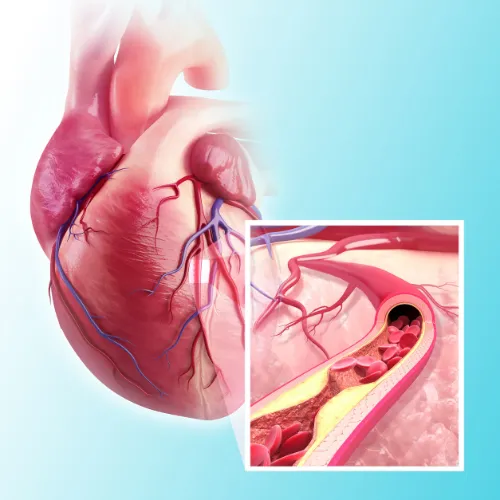
Artery Stiffness
Measure pulse wave analysis and artery stiffness. We also look at the blood pressure at the level of the heart (central blood pressure).
Lean More
Arterial Stiffness - this is a measure of the elastisity of your arteries. The less elastic your arteries are (or the stiffer your arteries are), the more likely you are to have or develop high blood pressure (hypertension).
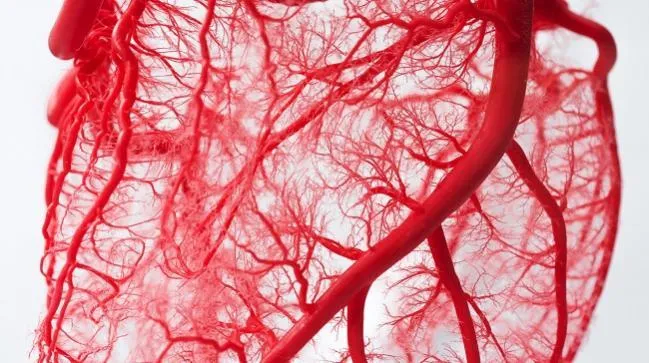
Microvascular Assessment
Arteries come in different sizes. The biggest concentration of arteries is under our tongue (This is why we say choose an Aspirin if you are having a heart attack, so it goes right into the circulation). In this test, we us a microscopic camera under the tongue to determine the small artery function and density.
Lean More
Over time, a transparent shield that lines all blood vessels— called the endothelial glycocalyx—can become damaged due to poor diet, lack of exercise, genetics, stress, and more. With damage, vital organs are starved because delivery of nutrients, hormones, and oxygen is obstructed, and the cleansing of waste and carbon dioxide from organs becomes compromised.

Macrovascular Assessment
This test we are looking at the first two arteries that come off the heart. The larger arteries are analyzed by ultrasound to measure the first two layers of the artery wall and calculate an artery age. We also screen the artery for plaque.
Lean More
Explore how this advanced imaging technique at HeartFit can provide invaluable insights into your cardiovascular health. Our CIMT ultrasound offers a non-invasive, detailed assessment of your carotid arteries, aiding in early detection and prevention of potential cardiovascular issues.

Clinical Fitness Assessment
Looking at your ECG, heart rate, blood pressure, and oxygen levels while exercising to determine a safe and effective level of exercise. Target heart rate and exercise prescription review.
Lean More
A comprehensive evaluation designed to gauge your overall health and fitness levels with precision. Uncover valuable insights into your physical well-being as our experienced professionals guide you through a thorough examination tailored to your individual needs.
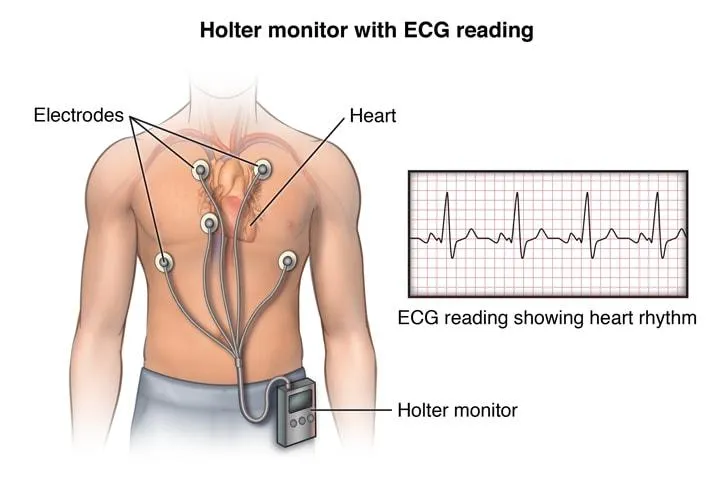
2 Week Holter's
24-hour holters may not be good enough to catch the concern you may be feeling. Therefore, we can look at the rhythm of the heart for a prolonged period.
Lean More
Enhance your diagnostic window with our one- to two-week Holter monitors. These devices capture every heartbeat, equipping your doctor with comprehensive data to accurately diagnose your heart condition and identify potential rhythm irregularities.
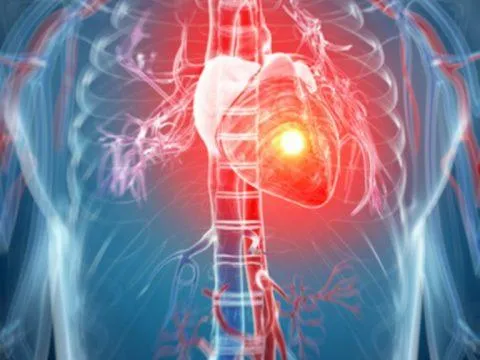
Echocardiograms
Looking at the structure of the heart is a safe way via ultrasound looking for heart function (heart failure or ejection fraction) along with the chambers and valves of the heart. This does not look at the arteries of the heart.
ADVANCED BLOODWORK
We are excited to offer you a comprehensive and informed evaluation of your heart health without any harmful radiation or invasive procedures, ensuring your safety, peace of mind, and to improved prevention and treatment of various heart conditions.
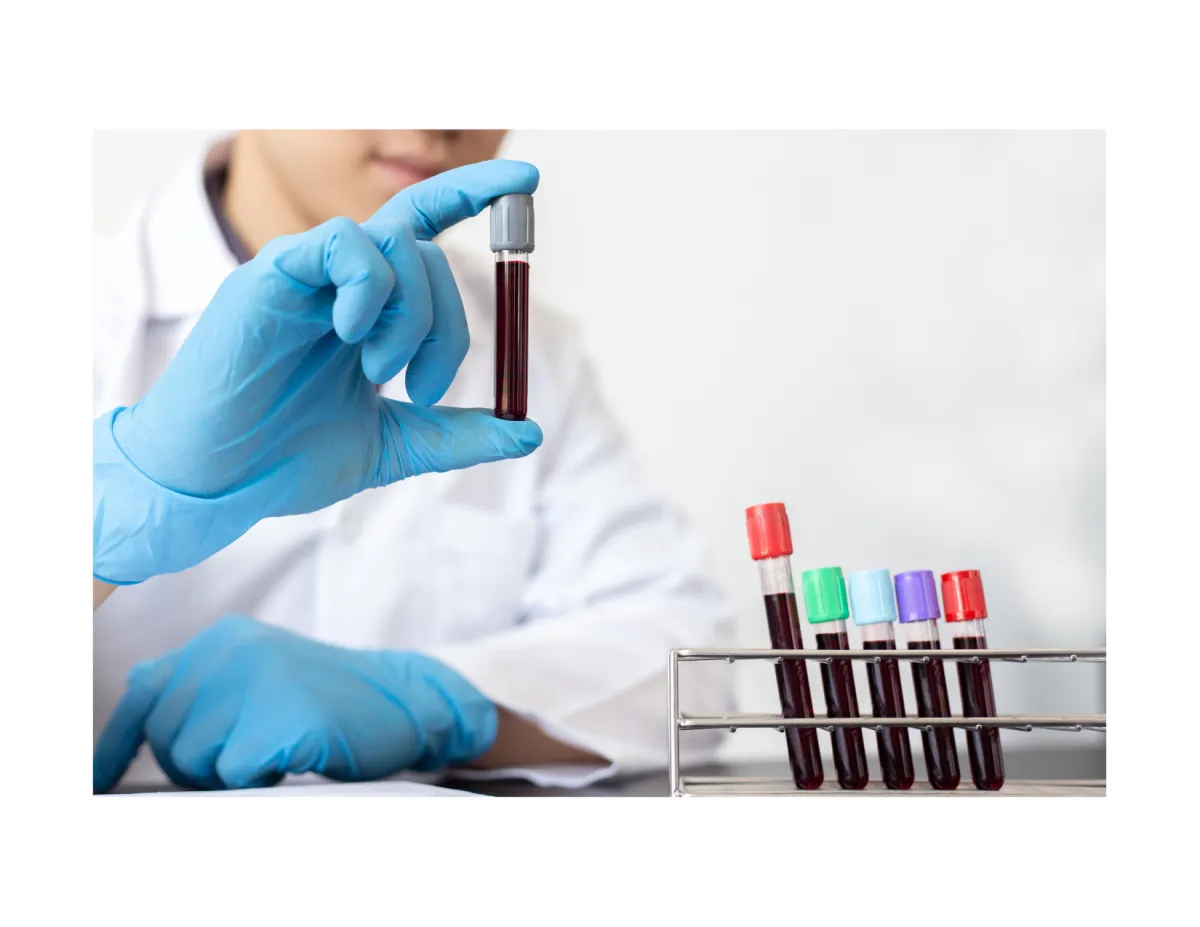
Key Inflammatory Markers
Measure pulse wave analysis and artery stiffness. We also look at the blood pressure at the level of the heart (central blood pressure). Learn more.
Particle Size Cholesterol Testing
83% of heart attacks and strokes occur with people with normal cholesterol. Many people think cholesterols accumulates to the artery wall. So if you have normal cholesterol, you are all good (not true). And if you have high cholesterol, you are all good because you are taking a cholesterol lowering drug (not true).
Size matters. Cholesterol comes in different sizes. The artery is
protected by the endothelium. You can be told you have normal cholesterol yet you have a lot more smaller ones therefore more dangerous and can easily get inside the endothelium.
OR you can be told you have high cholesterol with larger particles which would not get through the endothelium.
Do you have high cholesterol or are you taking a statin?
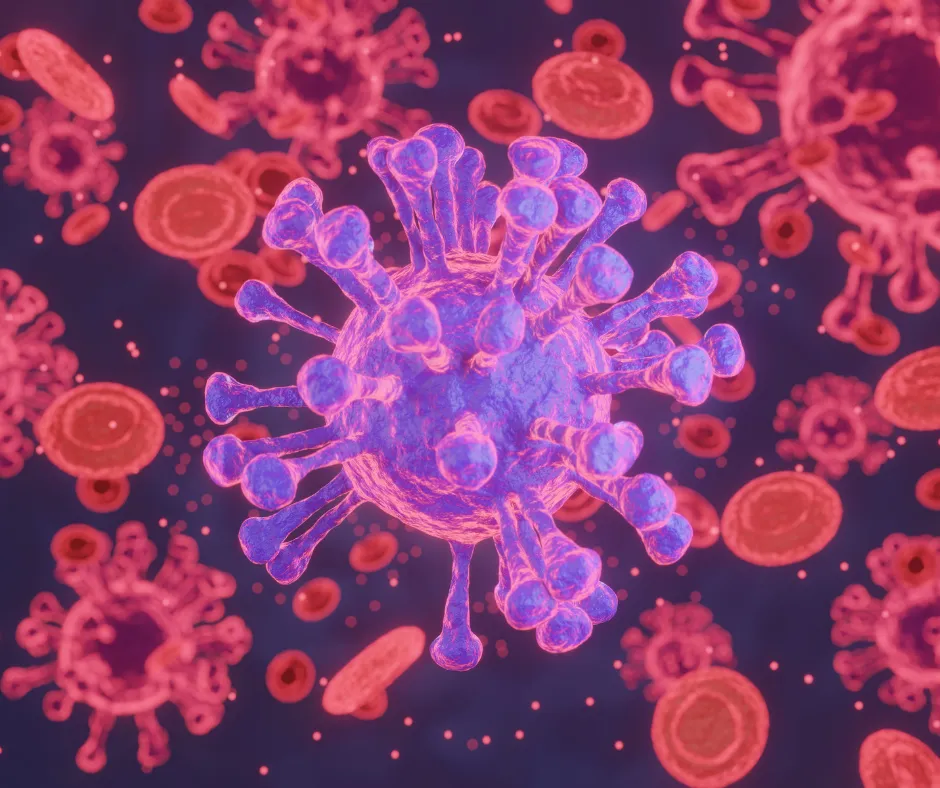
Infection & Immune Response
Imagine a cholesterol like a sliver. And we now know that the inner lining of the artery wall is all skin called the endothelium. If a sliver, slivers into the lining of the skin and you are not able to get it out with tweezers, this triggers an infection and immune response. The same thing happens inside the artery wall and this is the phase where we can see where your risk is of a heart attack or stroke in the next 5 years. Giving us time to make the necessary changes to reverse this process.
NUTRITION IMBALANCES

MICRONUTRIENTS
Learn More
Micronutrient testing assesses deficiencies in essential nutrients by measuring the levels of vitamins, minerals, antioxidants, and amino acids within the white blood cells, providing valuable insights into your nutritional status at a cellular level.
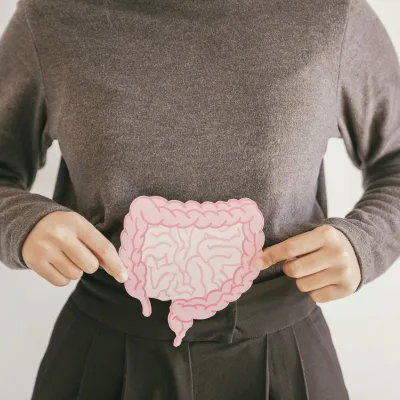
GUT INFLAMMATION & MICROBIOME
Learn More
Evaluate markers of inflammation and dysfunction within the gut. It assesses the spectrum of leaky gut by measuring various indicators including IgG 1-4/C3d, IgA1 and 2, Zonulin, Occludin, Candida, and Lipopolysaccharides. This comprehensive analysis provides insights into gut health and helps tailor personalized interventions for optimal wellness.
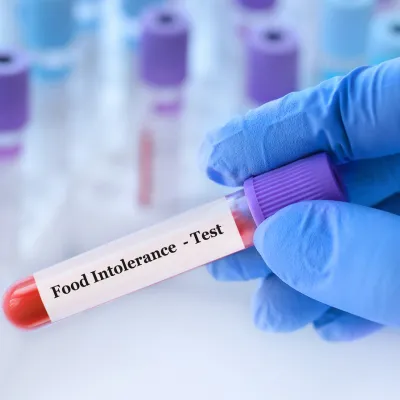
FOOD INTOLERANCES
Learn More
Measuring antibodies in the blood to identify potential triggers for inflammation in the gut lining. This comprehensive analysis can detect reactions to hundreds of foods and antigens, helping to pinpoint specific dietary culprits contributing to gut inflammation. The testing can be customized to suit individual needs, providing personalized insights for optimizing gut health and overall well-being.

NUTRITION MEAL PLANS
Learn More
Involves creating personalized meal plans tailored to individual food sensitivities. By accounting for specific sensitivities, these meal plans help optimize nutrition, promote digestive wellness, and support overall health goals.
FURTHER BLOODWORK
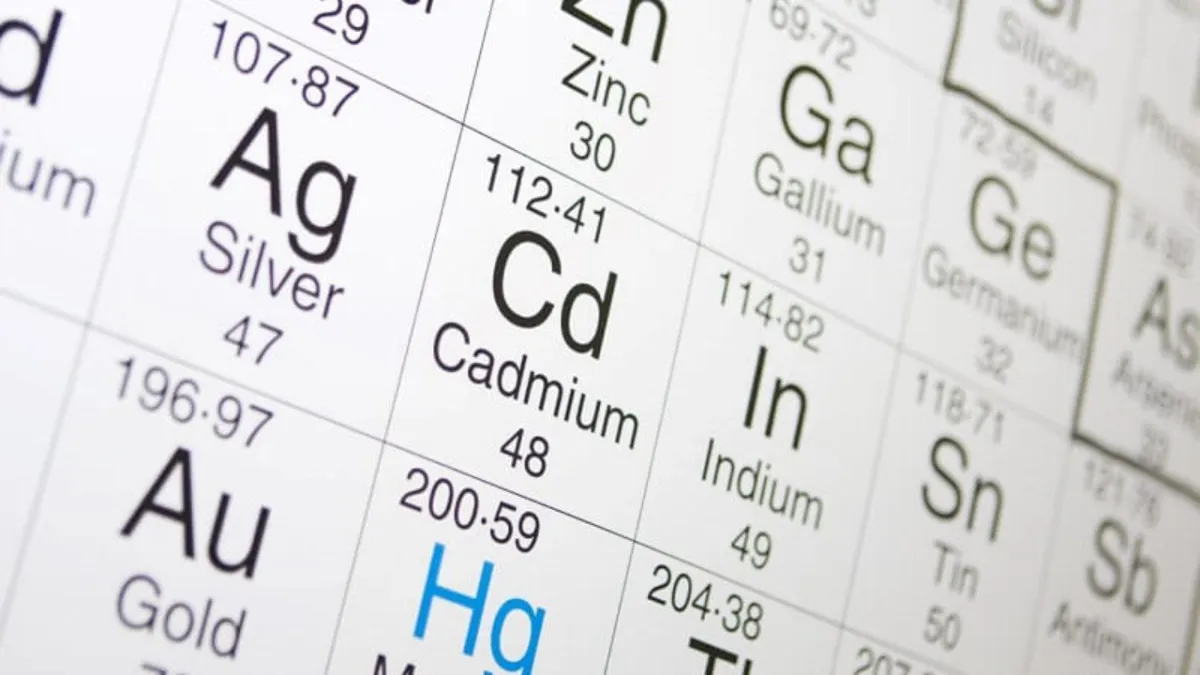
Heavy Metals
We identify harmful metal exposure by analyzing levels of metals like mercury, lead, arsenic, and others present in the blood.
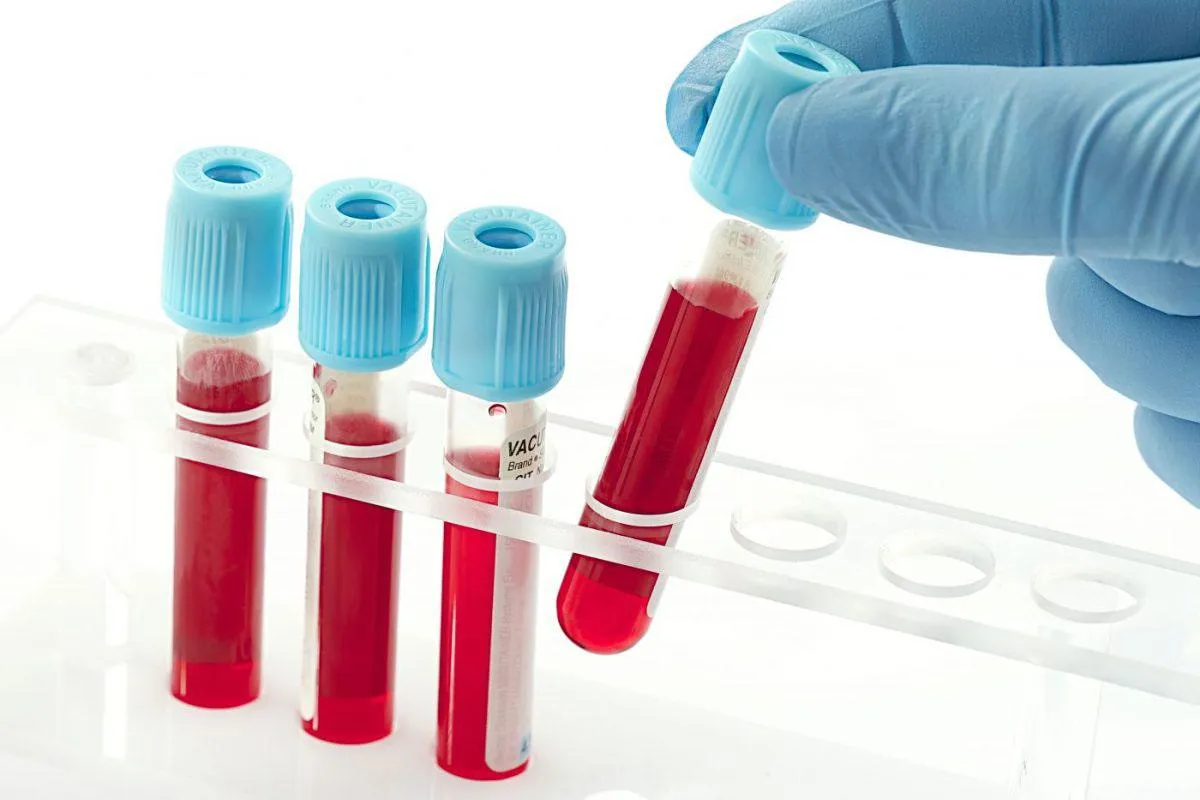
Advanced Hormone Testing
We examine hormone imbalances in both women and men, as well as assess advanced thyroid and adrenal-cortisol responses. Hormones play a crucial role in various aspects of health, including mood, sleep, metabolism, artery health, and the autonomic nervous system. These factors can potentially contribute to conditions like hypertension or arrhythmia.

Cardio Genomics
Genetic tests to provide personalized insights into your health. From Genetic SNPs to Nutrition Genetics, Apolipoprotein E Genotyping, Telomere Testing, Factor II-V, and MTHFR Genotyping. These tests empower you to make informed decisions about your health and well-being based on your unique genetic makeup.
FAQS
WHY DO EXERCISE CARDIOLOGY STRESS TESTS MISS HEART DISEASE?
Your arteries have to be significantly blocked (like 80% or more) to show up on an exercise stress test. This is why it can miss 34% of people with heart disease (66% sensitivity). We (and the research) do NOT like your prognosis from a stress test.
WHAT IS THE HARM IN DOING AN ANGIOGRAM OR CT ANGIOGRAM?
Invasive Nature: Both angiograms and CT angiograms involve inserting a catheter into the blood vessels to inject contrast dye for imaging. This process has immense radiation and carries inherent risks, such as allergic reactions, bleeding, and infection.
Focus on Advanced Disease: These test primarily focus on detecting significant blockages or abnormalities. This means that these tests may not be as effective at identifying early-stage or subtle changes in the cardiovascular system.
Limited Assessment of Disease Risk: These test are looking for a plumbing problem, and only looks at the bigger arteries. This approach overlooks microvascular disease and fail to address the underlying causes of artery damage.
Angiograms and CT angiograms should be considered when symptoms warrant further investigation, rather than as routine preventive measures. Understanding the complexities of artery health and exploring alternative approaches can help make informed decisions about cardiovascular care.
WHAT IS WRONG WITH THE CORONARY ARTERY CALCIUM SCORE?
This test involves a small amount of radiation and focuses on detecting calcification in the artery wall. However, it's crucial to understand that a calcium score does not provide information about non-calcified lesions, particularly vulnerable plaques, which are the primary concern for cardiovascular events like heart attacks and strokes.
ARE MYOCARDIAL PERFUSION SCANS (THALLIUM OR MIBI SCANS) DANGEROUS?
The amount of radiation exposure from a nuclear stress test is significant, equivalent to approximately 500 to 750 chest x-rays, which underscores the importance of careful consideration before recommending the procedure.
While nuclear stress tests can provide valuable information about cardiac function and the presence of blockages, they should not be the first-line approach. Instead, they are typically recommended for individuals who have failed a standard stress test and are experiencing chest pain.
WHAT SHOULD I DO IF I HAVE CHEST PAIN?
Stable Chest Pain: Typically occurs predictably in response to certain triggers, such as physical exertion or emotional stress. It may feel like pressure, tightness, or discomfort in the chest and may be associated with other symptoms like shortness of breath or fatigue.
While concerning, stable chest pain often has a known cause, such as angina, which occurs due to reduced blood flow to the heart muscle. If you experience stable chest pain, it's essential to seek medical evaluation promptly. ________________________________
Unstable Chest Pain: Characterized by sudden onset, increasing intensity, or unpredictability. It may occur at rest or with minimal exertion and may not follow a specific pattern. Symptoms of unstable chest pain may include severe discomfort, pressure, or pain in the chest, along with shortness of breath, sweating, nausea, or pain radiating to the arm, jaw, neck, or back.
If you experience symptoms of unstable chest pain, it's crucial to seek immediate medical attention. Call emergency services (such as 911) without delay and describe your symptoms.
WHY DO MOST HEART ATTACKS OCCUR WITH BLOCKAGES THAT ARE LESS THAN 50%?
Arteries are a muscle not a pipe. Many people think that cholesterol just builds up to the arteries and you have that last cheeseburger and fries and end up with a heart attack.
Understand your risk so that you can prevent the #1 preventable disease.

